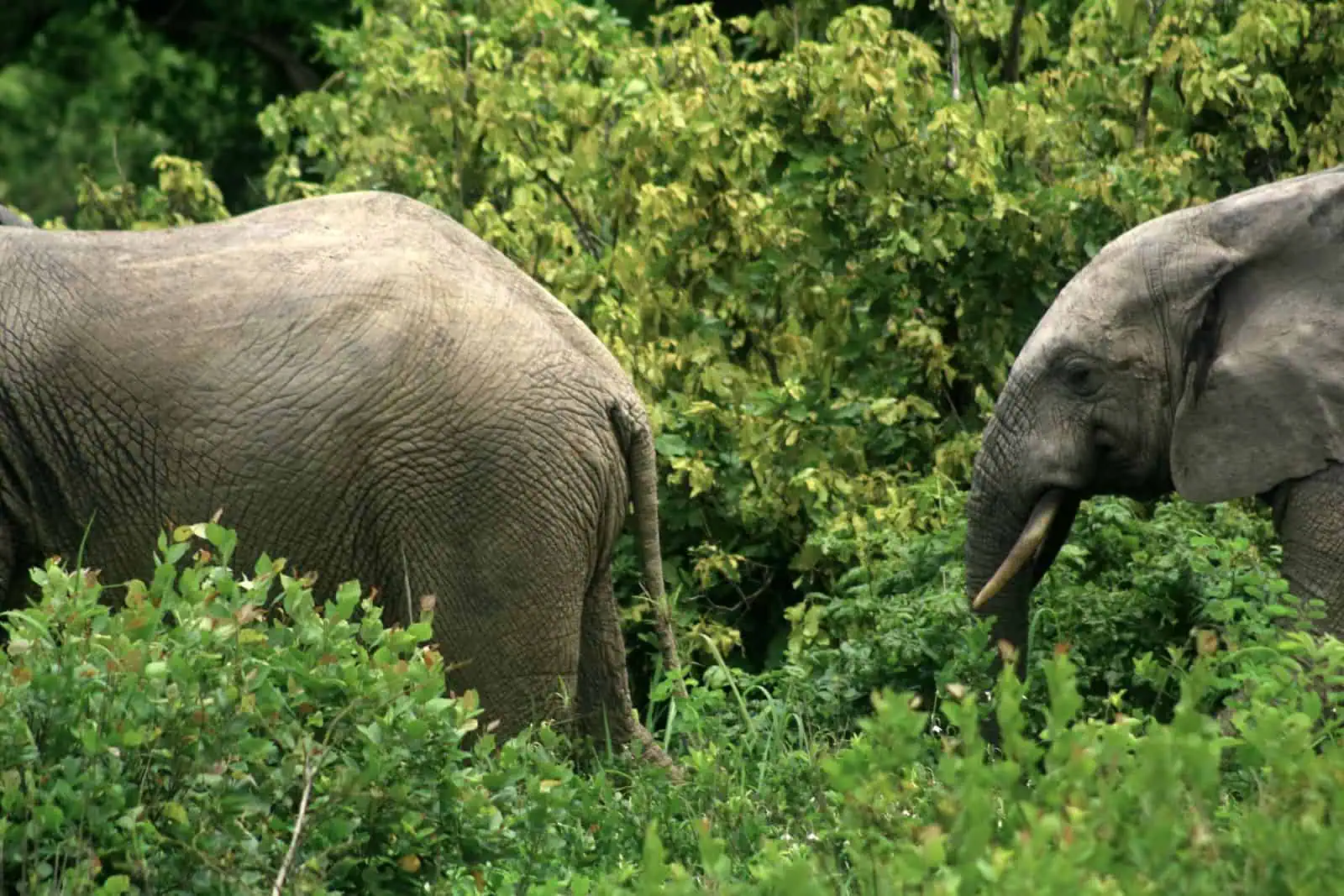Trans-Boundary Heritage Site Planned by Nigeria and Cameroon to Safeguard Endangered Species
Nigeria and Cameroon have announced plans to establish a trans-boundary heritage site aimed at protecting endangered species such as gorillas, chimpanzees, lions, and elephants that are native to both countries. The site will promote international cooperation and facilitate conservation efforts across borders.
The announcement was made during a workshop on Watershed Protection for Safe Sustainable Water Supply in Calabar, Cross River State. The workshop, which was sponsored by the United States Agency for International Development (USAID), aimed to educate Nigerians on the importance of protecting wildlife.
The area is home to some of Africa’s rarest and most endangered species, like gorillas, chimpanzees and forest elephants, making their conservation critical. The establishment of a trans-boundary site will help protect them from human activities such as poaching, deforestation, and climate change.
A Memorandum of Understanding (MoU) between the two countries’ Presidents will be signed soon to facilitate joint conservation efforts. The area is expected to strengthen trans-boundary cooperation, make conservation more effective, and reduce costs.
Once the transboundary protected area has been established, the two countries will collaborate on joint patrols and hold regular trans-boundary workshops.
“As a conservationist in Cameroon, I am thrilled to hear about the plans to establish a trans-boundary heritage site with Nigeria. This is a critical step towards protecting endangered species such as gorillas, chimpanzees and elephants that are native to both our countries”, said ERuDeF director Louis Nkembi.
Cooperation across borders is essential to tackle the challenges of habitat loss, poaching, and climate change, and the establishment of a joint conservation area is an encouraging move towards this goal.
Louis Nkembi: “I look forward to seeing the benefits of joint patrols and workshops and hope that this partnership can serve as an example for other countries in the region.”
The trans-boundary heritage site is a significant step towards conserving the shared natural heritage of Nigeria and Cameroon, contributing to global biodiversity conservation efforts.
Featured image: Andrey Gudkov / Deposit Photos

